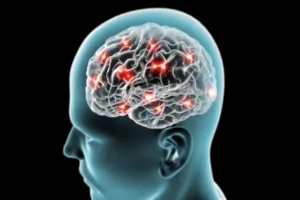
PROMO!
First order? Get 10% OFF with this code: 1storder
Written by
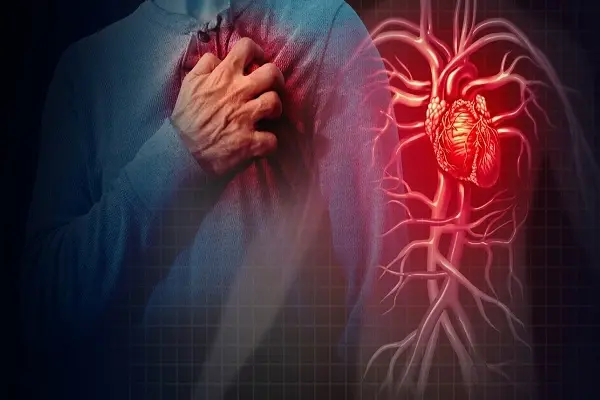
AMPK acts as the energy sensor for your heart, monitoring ATP levels and promoting health in cardiac cells. This protein kinase aides heart muscle by increasing the absorption of glucose and enhancing the oxidation of fatty acids when cells need to burn more fuel.
Activation of AMPK provides a cell-autonomous benefit to heart tissue under stress by controlling energy homeostasis in cells and mitochondrial function. Studies are showing this energy metabolism process helps keep the heart strong, and limits any cardiac damage.
Research also explores SS-31, a mitochondria-targeted peptide that protects heart cells from oxidative stress and enhances mitochondrial efficiency. While its actions are separate from AMPK, both contribute to healthier cardiac energy metabolism through different pathways.
Peptide Works supplies research-grade AMPK peptides for laboratory studies examining these heart protection mechanisms. These peptides are strictly for research purposes only.
Yet what if this vital energy system begins to fail? Knowing the effects of energy loss in heart cells explains why AMPK’s defense is so critical.
Explore AMPK Peptide from Peptide Works, a cellular energy sensor that supports heart health by enhancing fatty acid oxidation and glucose uptake in cardiac cells.
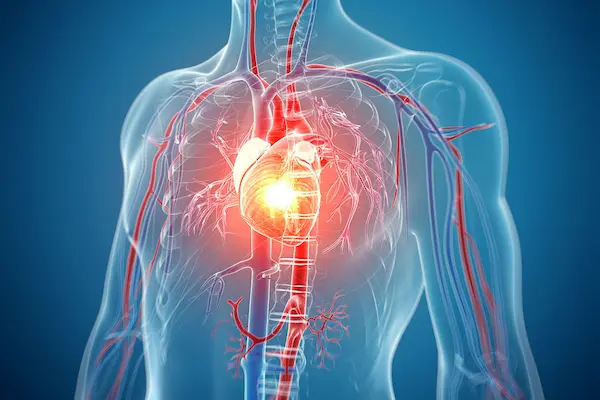
When heart cells don’t get enough fuel, they start showing serious problems. The heart muscle becomes weak and can’t pump blood properly around your body. Energy stress builds up inside the cells, causing oxidative stress that damages the heart tissue.
Your heart may beat slower or skip beats because muscle fiber can’t work right without enough power. This creates energy balance problems that affect how well your heart contracts.
Individuals with this issue often feel tired, short of breath, and dizzy. Metabolic syndrome and insulin resistance can make these energy problems worse, reducing your exercise capacity and making daily activities harder.
The damage from energy shortage doesn’t stop there. When cells become stressed, they release harmful molecules that can cause even more problems for your heart muscle.
Check out SS-31 Peptide from Peptide Works, a mitochondria-targeted research peptide investigated for its ability to reduce oxidative stress and support healthier energy production in heart cells.
Free radicals attack heart muscle cells and break down important parts inside them. These harmful molecules damage the respiratory chain inside heart cells, stopping them from making energy properly. Some research also notes that SS-31 may help limit this early mitochondrial damage by reducing oxidative stress and supporting healthier cristae structure.
When this happens, the endoplasmic reticulum gets damaged and can’t help cells work right. Protein synthesis slows down, which means your heart can’t repair itself or make new healthy proteins.
The damage also hurts amino acids that your heart needs to stay strong. This creates a conformational change in heart muscle that makes it stiff and weak. Transcription factor problems follow, making it harder for heart cells to read their DNA instructions and stay healthy.
With protein production disrupted, your heart faces a critical challenge how can it maintain its strength when it can’t properly repair itself? This is where understanding protein synthesis becomes essential.
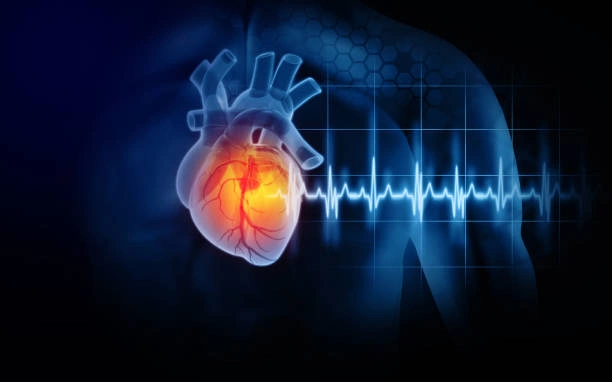
Your heart beats over 100,000 times daily, which wears out its muscle fiber constantly. Protein synthesis builds new heart muscle to replace old, damaged parts. Without this process, your heart would get weaker every day.
Growth factor signals tell heart cells when to make new proteins for repair. The eukaryotic elongation factor helps create strong skeletal muscle proteins that keep your heart pumping hard.
Cell growth depends on making fresh proteins to fix tiny tears in heart muscle. This constant rebuilding process has beneficial effects that keep your heart healthy and strong for years.
This repair system doesn’t work alone. Your heart relies on various growth factors to coordinate the healing process and maintain optimal function.
Many growth factors turn on special signaling pathways that help fix hurt heart tissue. AMPK activation starts many repair systems by making insulin sensitivity work better and keeping healthy cellular metabolism.
B7-33 peptide remains under investigation for potential heart protection, with very limited studies available. More research is needed to confirm any heart benefits or interactions with AMPK pathways.
While AMPK has established roles in energy balance, B7-33’s mechanisms and effectiveness remain largely unproven in current research.
These compounds show good results in lab studies for heart health uses. Researchers often get these peptides from most reliable suppliers like Peptide Works for their heart studies.
Now that we understand how growth factors support repair, let’s explore one of AMPK’s most important functions managing energy balance in your heart cells.
Discover B7-33 Peptide from Peptide Works, a research peptide under investigation for its potential role in heart tissue repair and fibrosis reduction through growth factor pathways.
This compound works like a smart energy sensor that watches how much power your heart cells have. When your heart needs more fuel, this peptide turns on pathways that make ATP levels go up. When your heart has enough energy, AMPK slows down energy expenditure to save power for later.
This metabolic checkpoint system helps prevent your heart from wasting energy or running out of fuel. This peptide also controls lipid metabolism to make sure your heart gets the right type of fuel at the right time. This smart balancing act keeps your heart working well even when you’re active or stressed.
One of the most fascinating aspects of AMPK’s energy management is how it controls which fuel source your heart uses. Have a look at how it specifically manages fat burning.
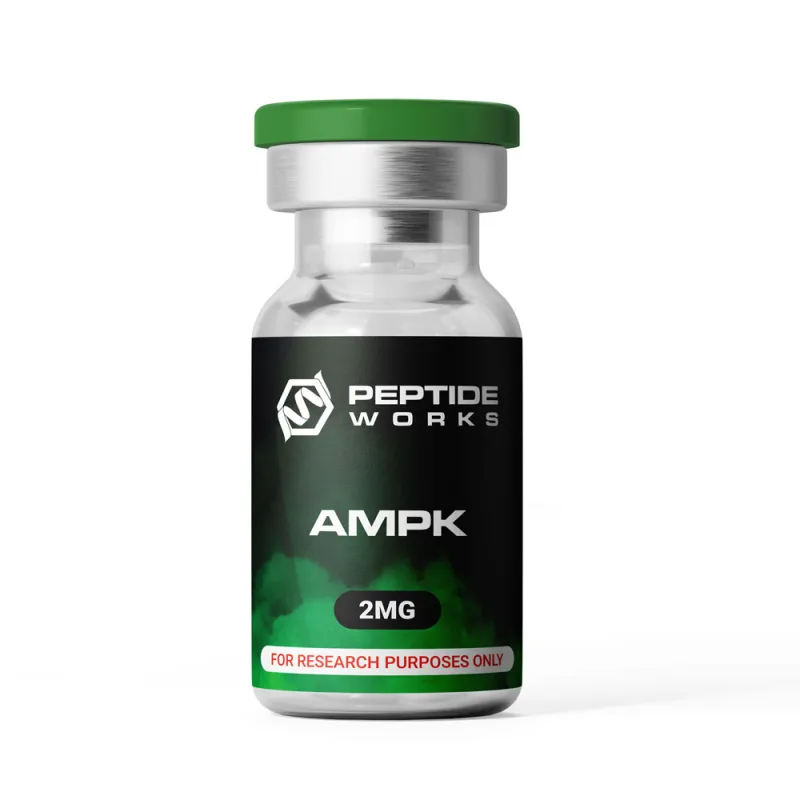
This Compound tells your heart cells when to burn fatty acids for fuel instead of sugar. Your heart muscle loves using fat because it gives more energy per gram than sugar does. When activity of ampk goes up, it turns on special pathways that break down fat stores in your heart.
This process happens in tiny cell parts called mitochondria, where fatty acid metabolism creates lots of power for your heart to pump blood.
The catalytic domain of AMPK works like a key that unlocks fat-burning engines in your cells. This important role helps your heart work better during exercise and daily activities when it needs extra energy.
Small molecule activators can boost this function naturally through exercise training and proper nutrition. Food intake patterns affect how well AMPK works eating less often can help activate this cellular energy sensor.
Mitochondrial biogenesis increases when AMPK gets activated, helping your heart make more energy factories. The kinase domain responds to natural triggers like physical activity and certain compounds.
Studies with knockout mice show that natural AMPK activation helps prevent heart disease and supports cardiac function. Upstream ampk kinase pathways work better when you maintain healthy habits, creating a positive feedback loop that keeps your heart strong.

AMPK works differently from other heart peptides by focusing on energy management rather than just protection. The subunit of ampk structure allows it to sense cellular energy needs better than most peptides.
While B7-33 may provide direct heart protection based on early findings, AMPK influences mitochondrial fission that helps cells stay healthy. Adipose tissue responds to AMPK by releasing energy for heart muscle use.
The activation loop in AMPK makes it more versatile than single-function peptides. Recent study results show AMPK has broader heart benefits because it acts as a tumor suppressor and supports overall cellular health.
As our understanding of these mechanisms deepens, exciting possibilities emerge for the future of heart health treatments.
Heart health research is moving toward using peptides like AMPK and B7-33 as powerful tools for protecting cardiac function. Scientists are discovering new ways these peptides work together to keep hearts strong and healthy.
Enhanced mitochondrial development influenced by AMPK appears promising for heart health support in laboratory settings by potentially helping heart cells develop more energy-producing structures.
Research suggests future treatments might explore combining different peptides to target multiple heart protection pathways, though this remains under investigation.
Cellular energy sensor technology is advancing rapidly, giving researchers better ways to study how peptides affect heart muscle.
As our understanding grows, peptides may become key players in preventing heart disease and helping hearts recover from damage, offering hope for millions of people worldwide.
All products discussed are supplied for research purposes only and are not intended for human use.
[1] Shirwany NA, Zou MH. AMPK in cardiovascular health and disease. Acta Pharmacol Sin. 2010 Sep;31(9):1075-84.
[2] Li X, Liu J, Lu Q, Ren D, et al. AMPK: a therapeutic target of heart failure-not only metabolism regulation. Biosci Rep. 2019 Jan 3;39(1):BSR20181767.
[3] Heidary Moghaddam R, Samimi Z, Asgary S, Mohammadi P, et al. Natural AMPK Activators in Cardiovascular Disease Prevention. Front Pharmacol. 2022 Jan 3;12:738420.
[4] Tokarska-Schlattner M, Kay L, Perret P, Isola R, et al. Role of Cardiac AMP-Activated Protein Kinase in a Non-pathological Setting: Evidence From Cardiomyocyte-Specific, Inducible AMP-Activated Protein Kinase α1α2-Knockout Mice. Front Cell Dev Biol. 2021 Oct 18;9:731015.
[5] Devarakonda T, Mauro AG, Guzman G, Hovsepian S, et al. B7-33, a Functionally Selective Relaxin Receptor 1 Agonist, Attenuates Myocardial Infarction-Related Adverse Cardiac Remodeling in Mice. J Am Heart Assoc. 2020 Apr 21;9(8):e015748.
[6] Marshall SA, O’Sullivan K, Ng HH, Bathgate RAD, Parry LJ, Hossain MA, Leo CH. B7-33 replicates the vasoprotective functions of human relaxin-2 (serelaxin). Eur J Pharmacol. 2017 Jul 15;807:190-197.
ALL CONTENT AND PRODUCT INFORMATION AVAILABLE ON THIS WEBSITE IS FOR EDUCATIONAL PURPOSES ONLY.
DISCLAIMER: These products are intended solely as a research chemical only. This classification allows for their use only for research development and laboratory studies. The information available on our Peptide Works website: https://peptide-works.com/ is provided for educational purposes only. These products are not for human or animal use or consumption in any manner. Handling of these products should be limited to suitably qualified professionals. They are not to be classified as a drug, food, cosmetic, or medicinal product and must not be mislabelled or used as such.
Peptide Works
Related Articles
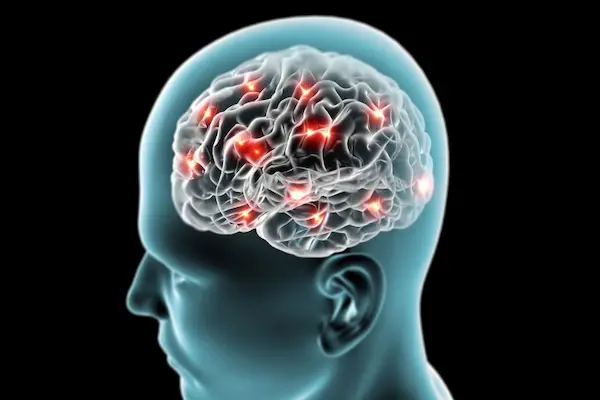
What are the Best Cognitive Peptides?
Cognitive peptides are short chains of amino acids that researchers are exploring for their potential effects on brain function. They

Achieving increased skin pigmentation without prolonged sun exposure has been demonstrated with Melanotan peptides in research. Two commonly studied options,

Can PTD-DBM Hair Growth Peptide Stop Balding?
Hair thinning and balding affect millions worldwide, often leading to frustration and limited options. This challenge has driven researchers to